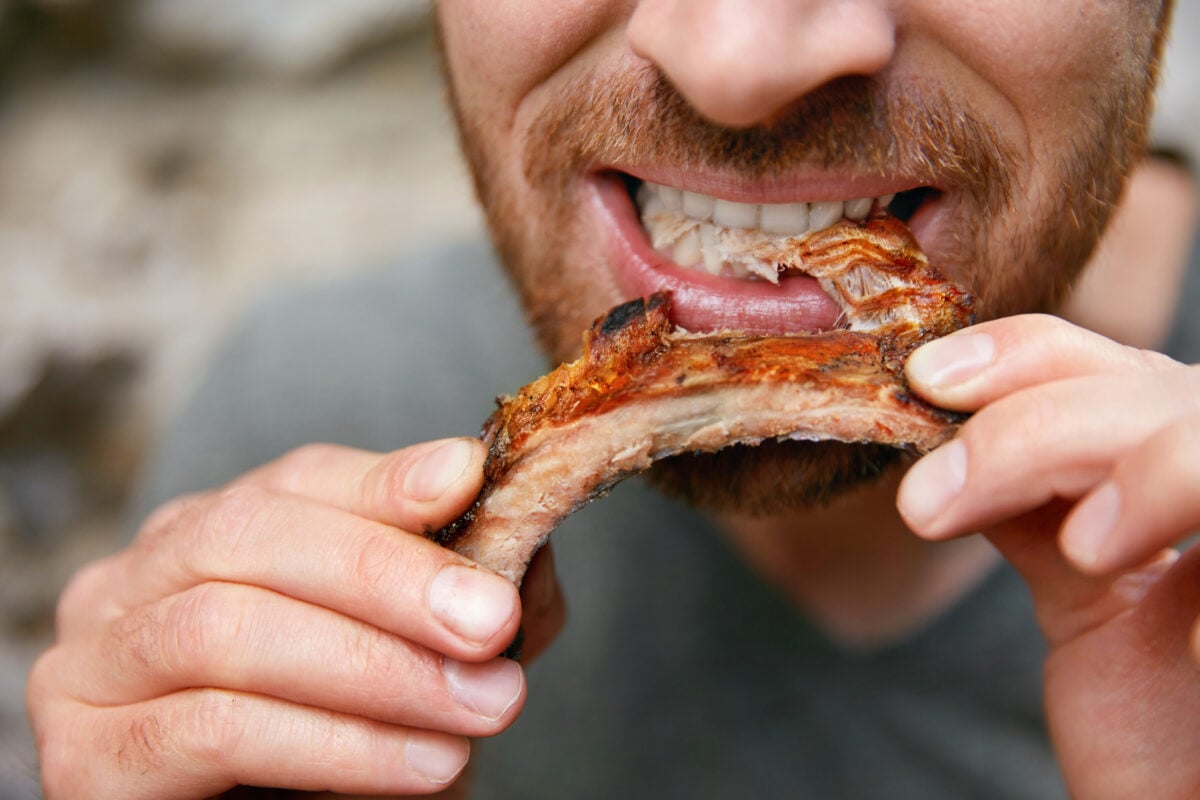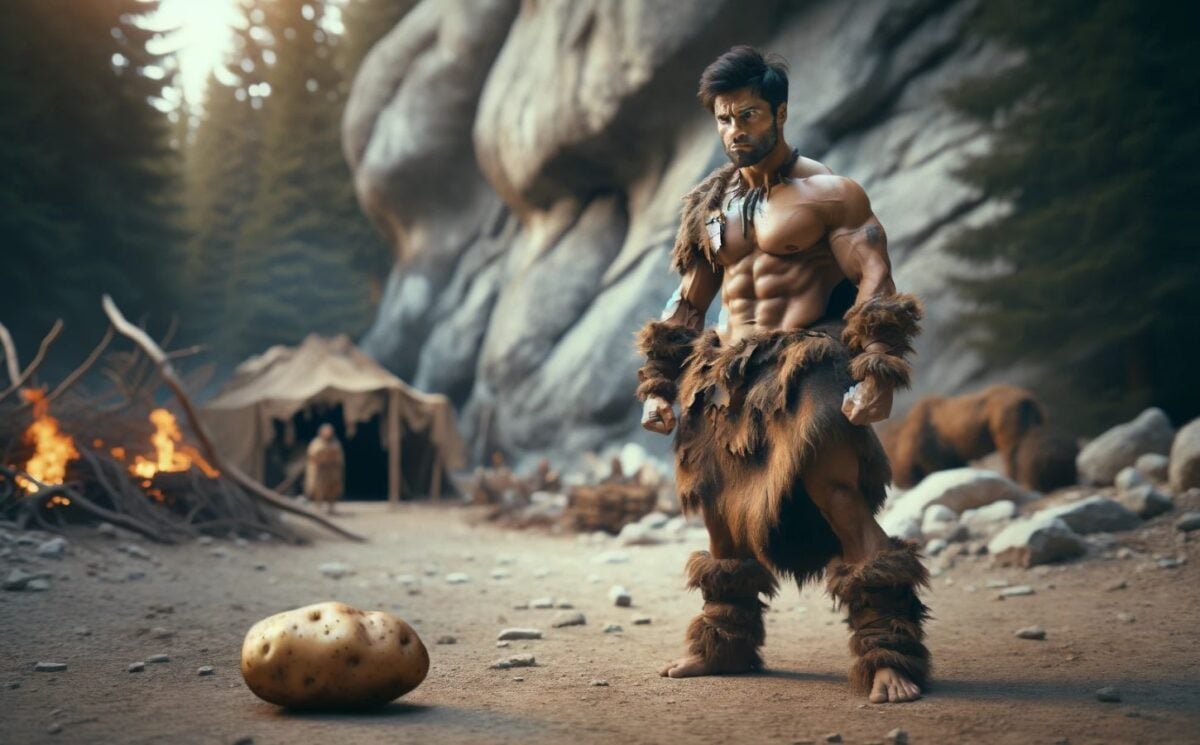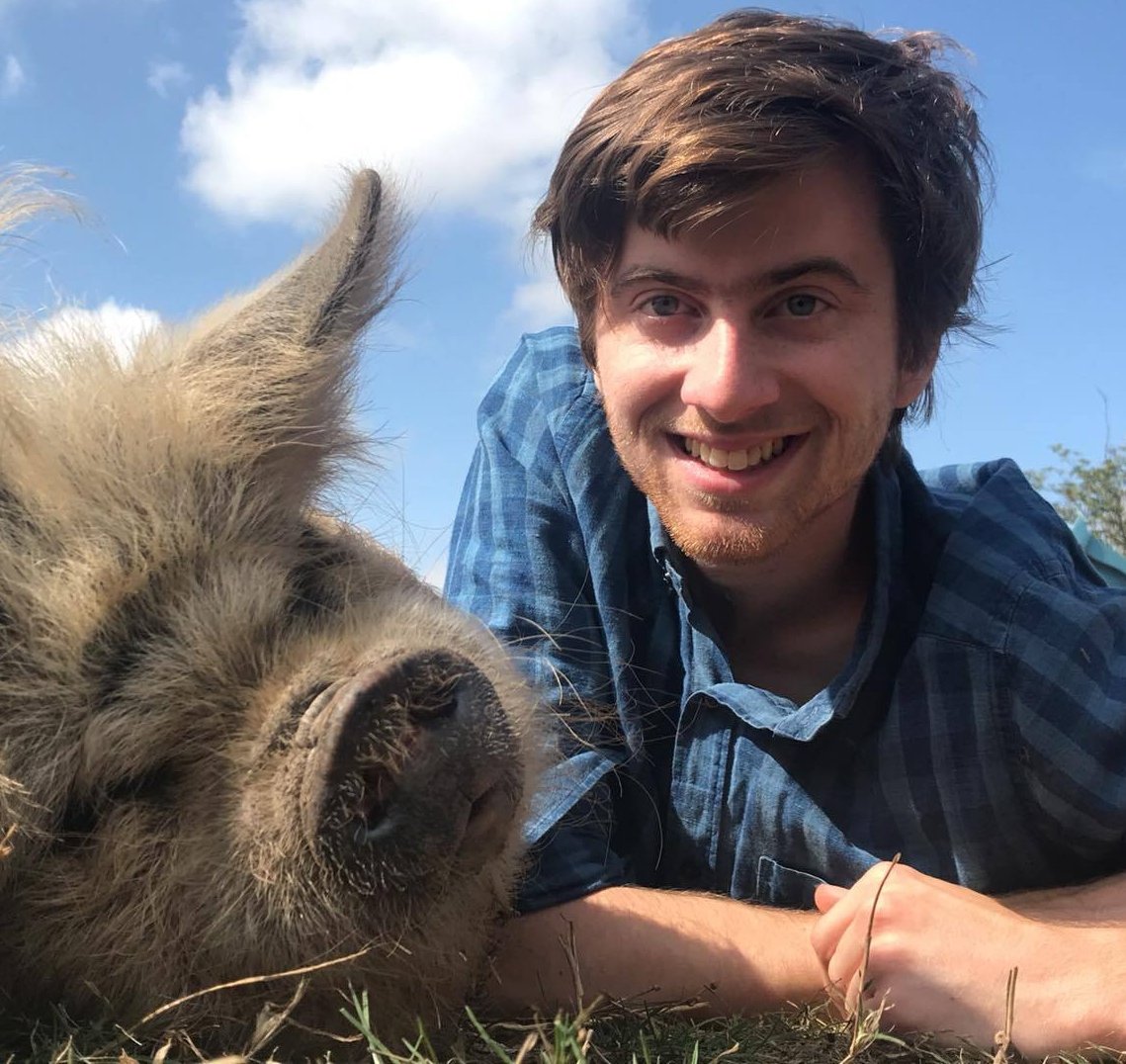Early humans ate mostly plants, a new study has found, challenging received wisdom about the Paleo diet.
Archaeological digs in the Peruvian Andes unearthed new information on the diets of so-called hunter-gatherers. While most people think of early humans as eating meat-heavy diets, evidence suggests they may in fact have been predominantly plant-based.
This conclusion comes from a study led by Dr Randy Haas, an archaeologist and Assistant Professor of Anthropology at the University of Wyoming.
Researchers had already made similar findings in 2020. However, the new study goes further by providing evidence that early humans may have eaten more plants than meat.
Paleo challenged

Dr Haas and his team examined the remains of 24 individuals from two burial sites dating between 9,000 and 6,500 years ago. They found that these early humans relied heavily on wild potatoes and other root vegetables, which, they say, may have made up around 80 percent of their diet.
The claim goes against the strongly held beliefs of people who follow the Paleo (or caveman) diet. Its followers advocate for a return to the diet of early humans, with high meat consumption and no processed foods. If the new research is right, this guidance may need a significant update.
“Conventional wisdom holds that early human economies focused on hunting – an idea that has led to a number of high-protein dietary fads such as the paleo diet,” Dr Haas commented in a press release. “Our analysis shows that the diets were composed of 80 percent plant matter and 20 percent meat.”
Modern eating habits
This research is perhaps most interesting for what it reveals about modern diets. The Paleo diet has gained popularity in recent years as a diet that claimed to mimic early diets.
For years, received wisdom about these eating habits came from mostly male archaeologists from Western cultures. As a result, they have spread a “macho caveman” stereotype of early human society, according to Haas.
Research has shown that giving vegan food more traditionally “masculine” labels could make vegan food more appealing to men. Perhaps re-branding veganism as closer to the true “caveman diet” could help.






